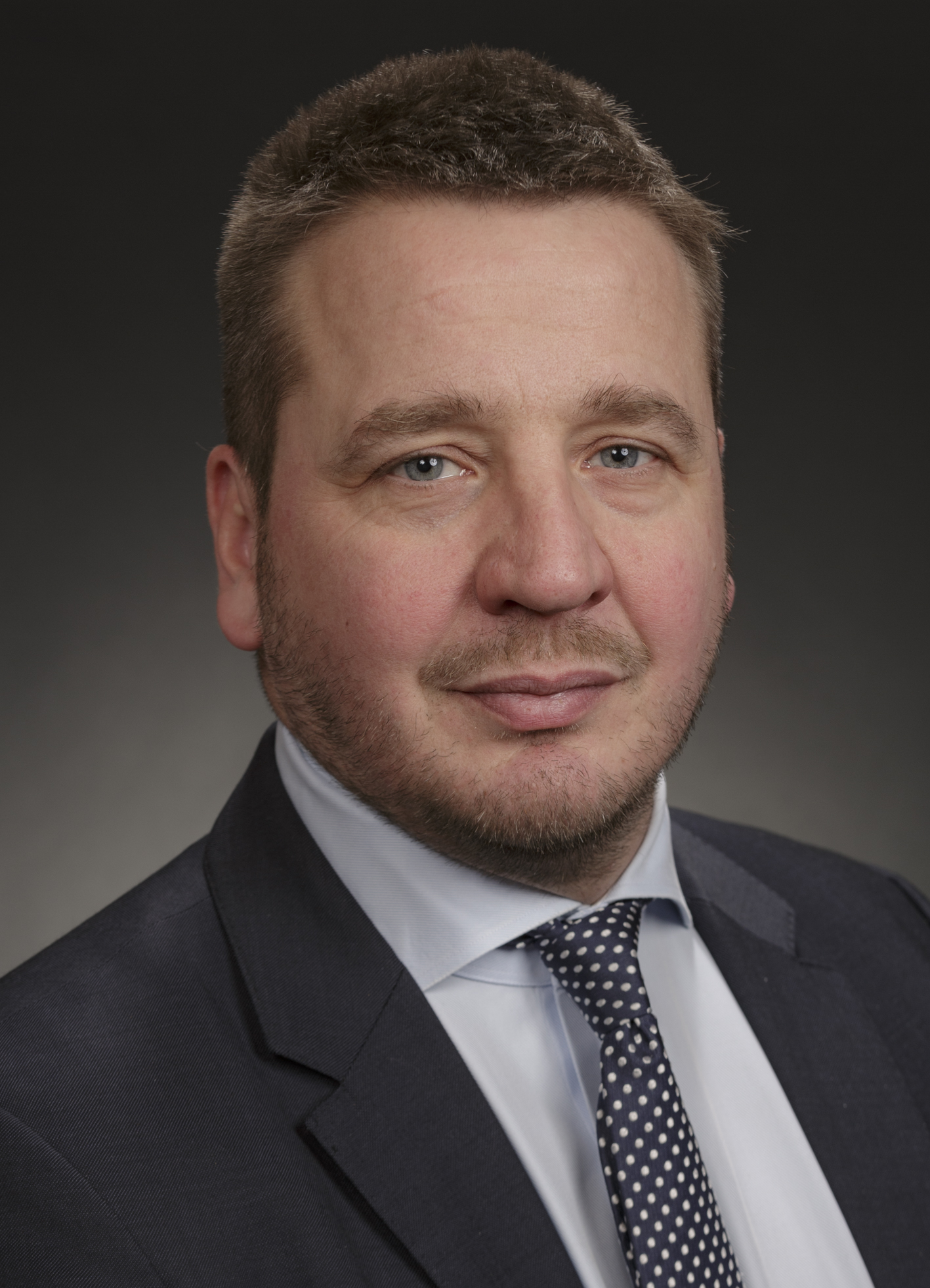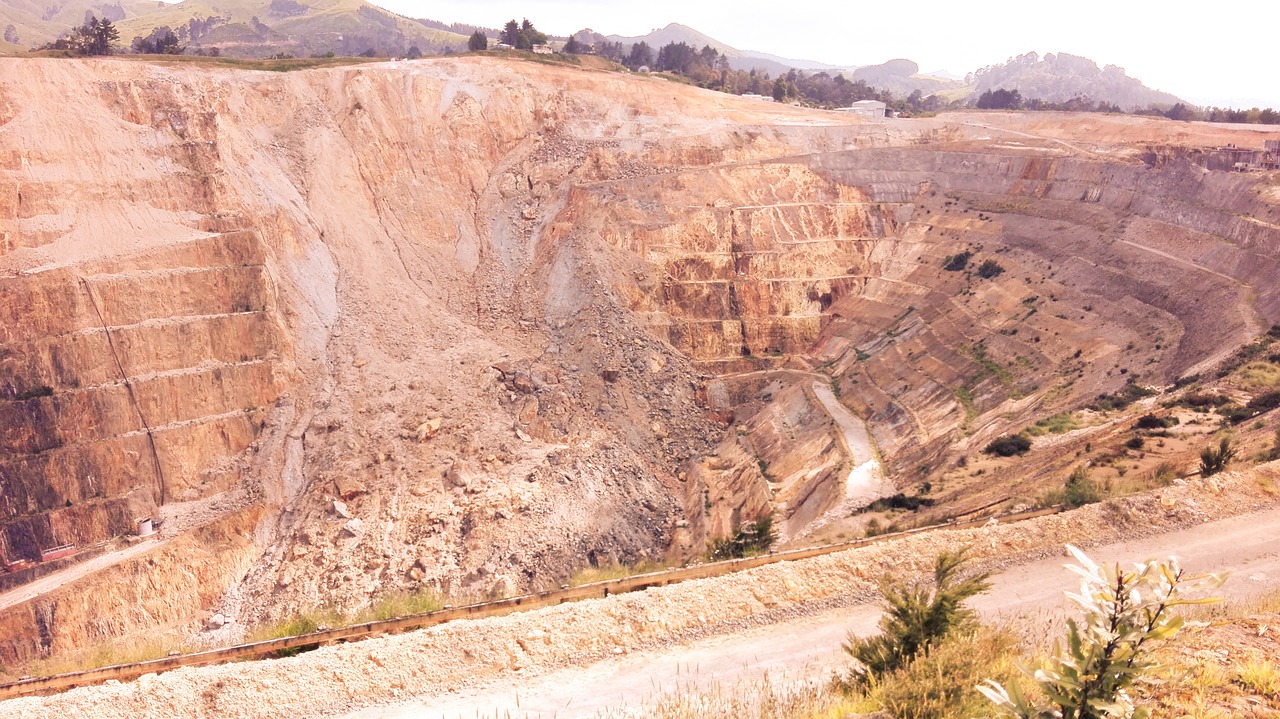This year Iceland commemorates the centenary of becoming a free and sovereign nation. From the outset we have emphasised freedom and democracy and striven to honor the fundamental values of human rights. Through the progress we have made, we have seen how increased respect for the human rights of all, and more equal participation of each and every person in our society, has underpinned prosperity and well-being. I believe we can make a useful contribution by sharing our experience.
That is why Iceland is ready to take on the responsibility of serving on the Human Rights Council, filling the Western European and Others Group (WEOG) seat that fell empty when the United States resigned from the Council last month. It goes without saying that we had not been planning to take a seat on the Council at this time. However, in these unique circumstances we believe it is right to declare our readiness. For us, this opportunity both represents a duty and a privilege, and we are determined to leave our mark.
The Human Rights Council stands at a critical juncture. For over a decade, the Council has proven its crucial role as a standard bearer for human rights. It defends human rights standards, promotes the realisation of norms, identifies and addresses violations, and establishes valuable technical assistance and capacity building. But for many it is time to address its shortcomings. Its ever-increasing workload may have reduced its ability to tackle crises around the world. Perhaps more importantly, it is vital to overcome its perceived imbalance in its membership and focus, something that can only be addressed through reform.
The Council certainly has its strengths and flaws. I, however, believe we need more engagement with the Council, not less. We need to work together to ensure that the Council truly delivers for those left voiceless and have their rights ignored or violated in all parts of the world. If it is broken we need to fix it.
This would be the first time Iceland sits on the Council. As an observer, Iceland has been increasingly active in the Council, participating actively in the Universal Periodic Review and taking the lead on certain topics. For the past year, for instance, we have led a group of approximately forty states in encouraging the Philippines to improve its human rights situation. I have attended and addressed the Council twice, since taking office, and joining the Council will only add to the impetus we put in our efforts in the coming period.
Our Voluntary Pledge outlines our priorities and contains no surprises. On the Council, Iceland will promote liberal values and principles and be an advocate for women’s rights and gender equality, as we have been for many years in all fora. We will also put the human rights of LGBTI individuals in the foreground of our membership of the Council, a key issue for my Government. Simply put: We got it right decades ago in the Universal Declaration of Human Rights when we set out that all human beings are born free and equal in dignity and rights. This means everyone, irrespective of their gender, sexual orientation or gender identity.
Iceland would be the smallest country to take seat on the Council. A key element of our voluntary pledge is therefore cooperation and dialogue. It is my opinion that the voices of smaller nations must be heard in the halls of the global institutions because they add something to the debate. However, it is also our belief that all members of the United Nations must hold true to the ideals of that great institution. We must all be willing to shoulder responsibility, when called upon. We believe more countries should be encouraged to serve on the Human Rights Council, of all sizes and strength, to expand its reach and impact. We advocate for the full participation of small states from all corners of the world and hope our candidacy can be an inspiration to them.
However, it needs to be acknowledged that the workload of the Council is such that it is a challenge for any country or organisation, let alone a small one, to keep up. The Council needs to be accessible, to civil society, National Human Rights Institutions and States alike. The Council also needs to be a safe place, where no one will suffer reprisals for their contribution to its work.
We therefore share the view that the Council could be more efficient and effective. It also needs to be accountable. In my address to the Council earlier this year I highlighted the need for members of the Council to lead by example. I firmly believe that states on the Council should expect their own human rights record to be subject to particular scrutiny during their time as members. If the Human Rights Council does not hold its own members to account to uphold the highest standards in the promotion and protection of human rights, who will?
We should never lose sight of why the Human Rights Council was established in the first place. The mandate of the Council is to strengthen the promotion and protection of human rights around the globe and to address situations of human rights violations.
But discussions on reform and working methods should not be lost in ‘big ticket’ issues. Small changes can sometimes be instrumental in building trust and allowing new actors access they didn’t have before.
Such reform must also not diminish the capacity of the Council to tackle some of the more complex human rights situations around the world. The Council has a variety of tools at its disposal to effectively spur cooperation and address serious situations of human rights violations.
Iceland brings to any such discussion on reform or working methods of the Council a small state perspective, but also experience in tackling reform and working methods in the field of human rights. We must all do our part to make the Council the best it can be.
We are excited about this task in front of us. It feels special to be a candidate for a seat on the Council as we celebrate our centenary of joining the community of nations, and on the seventieth anniversary of the Universal Declaration of Human Rights. It is also a responsibility; one that we do not take on lightly. However, we believe we have something to give, as well as to gain, from accepting this challenge.
Gudlaugur Thór Thórdarson is the Minister for Foreign Affairs of Iceland




